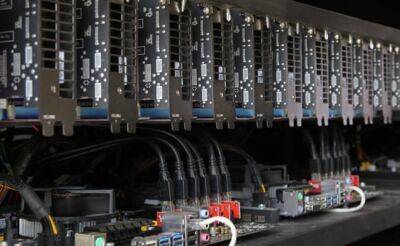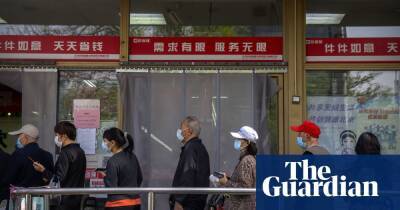What is HRT and why are there shortages in the UK?
The UK is currently experiencing an acute shortage of hormone replacement therapy (HRT) products. But what is HRT, and what is causing the shortages?
HRT boosts levels of hormones that wane as women get older and approach the menopause, in particular oestrogen. By doing so, HRT helps to alleviate a host of symptoms associated with the menopause, from hot flushes to night sweats and vaginal dryness. It is estimated about 80% of women going through the menopause experience such symptoms.
According to the NHS, HRT typically involves both oestrogen and progestogen, although there are forms that involve only the former – these can be used by women who have had a hysterectomy or are using an intrauterine system.
There are various different schedules and methods for taking the hormones, and different doses can be used.
HRT can not onlyimprove women’s quality of life but may also have other benefits, such as protecting against thinning of bones.
However, some women have health conditions that may make HRT unsuitable for them, while the therapy has also been linked to an increased risk of breast cancer – although some experts have pointed out the risk remains low and is greater for some forms of HRT than others.
According to the National Institute for Health and Care Excellence (Nice), about a million women in the UK use treatment for the symptoms of the menopause, although access to HRT has been described as a “postcode lottery”.
In October the Department of Health and Social Care announced women in England would be able to get a year’s supply of an HRT drug for the cost of a single NHS prescription – although implementation has been delayed – while in February plans were revealed for one form of HRT to be made available over the
Read more on theguardian.com



















